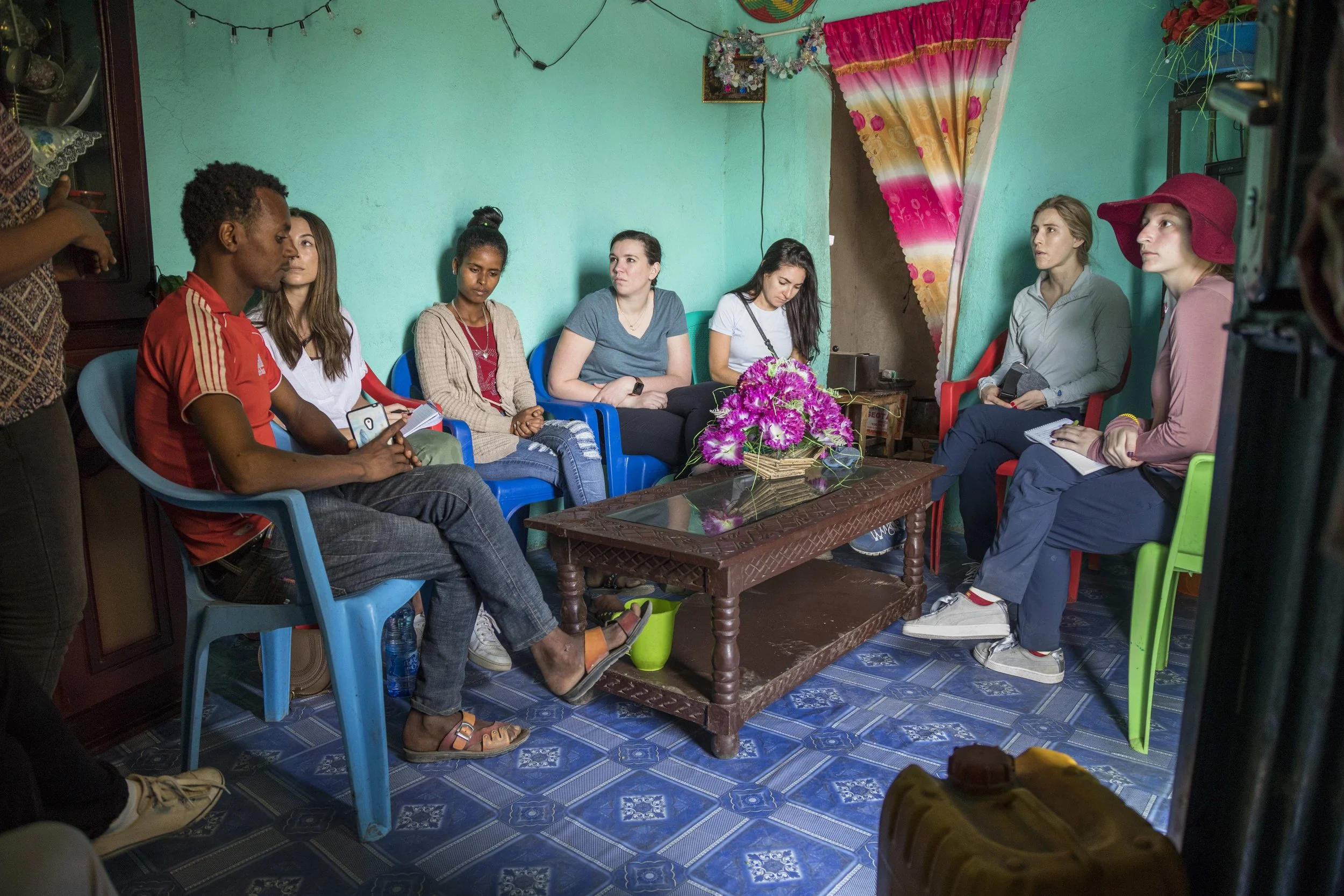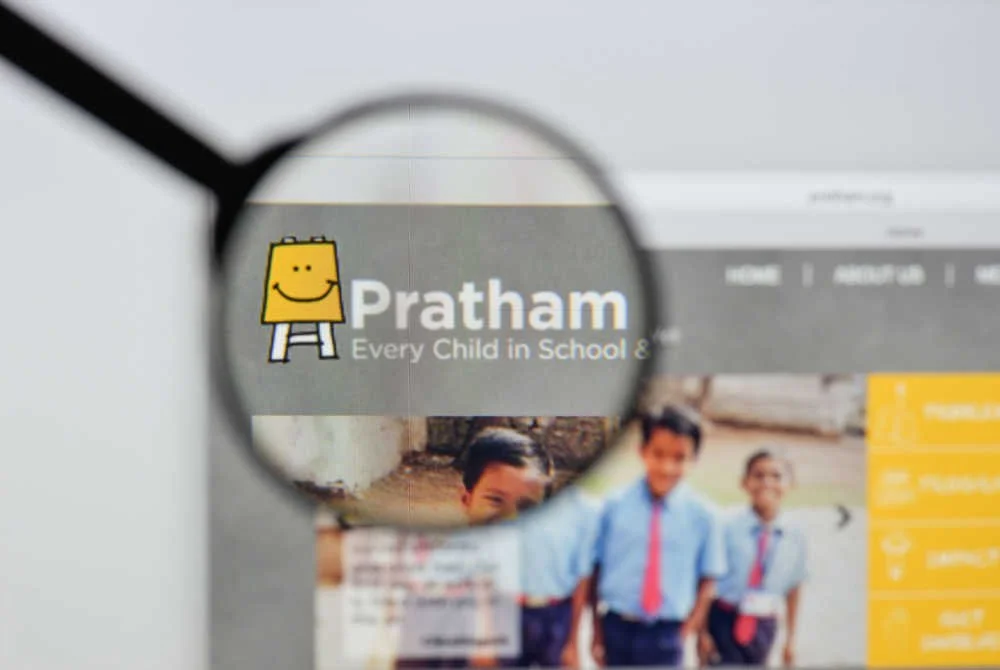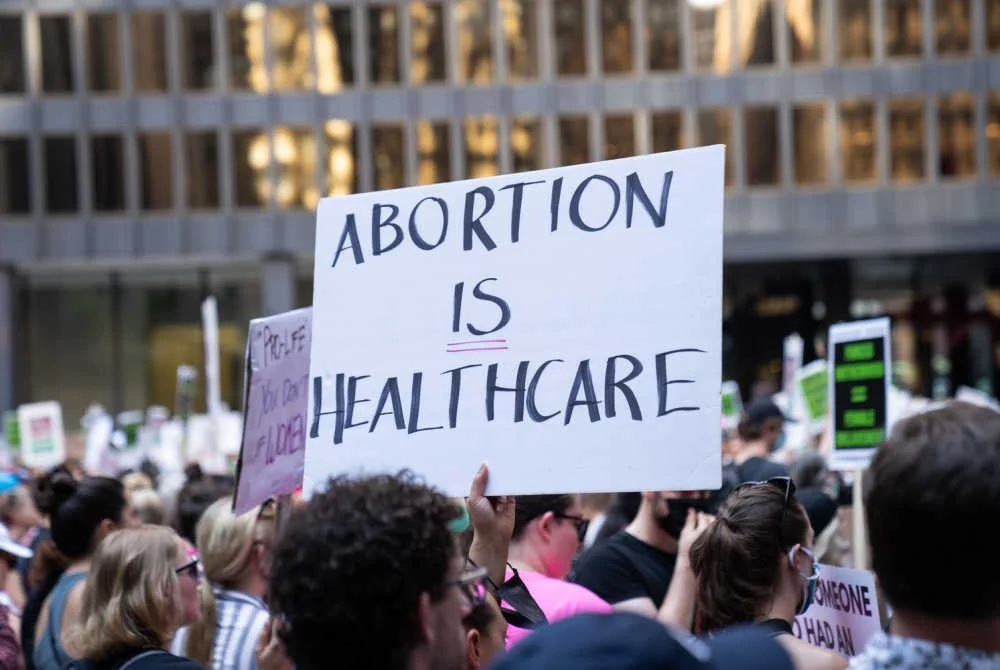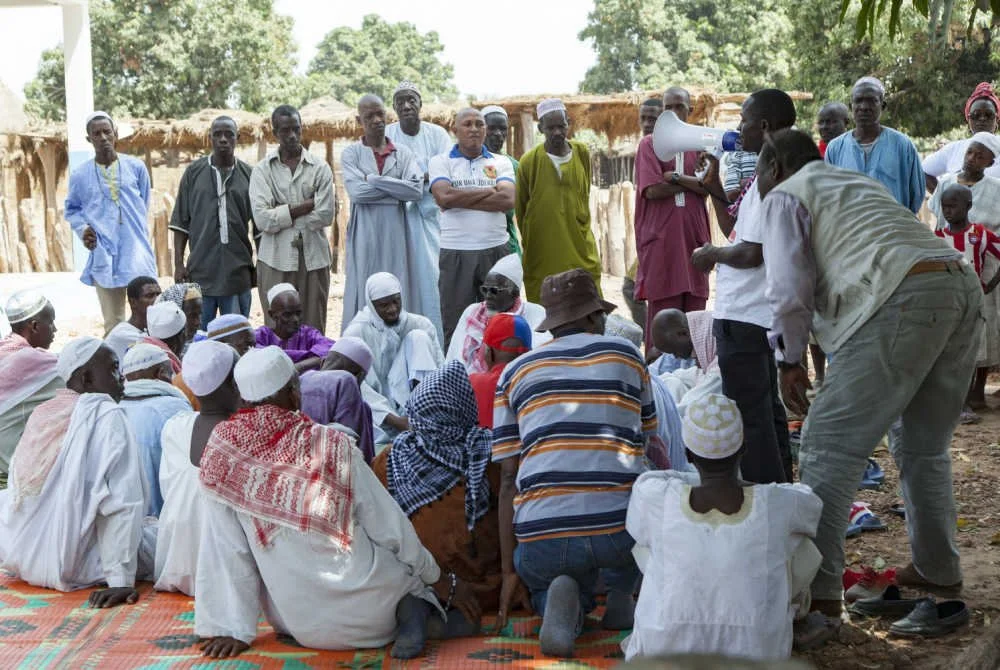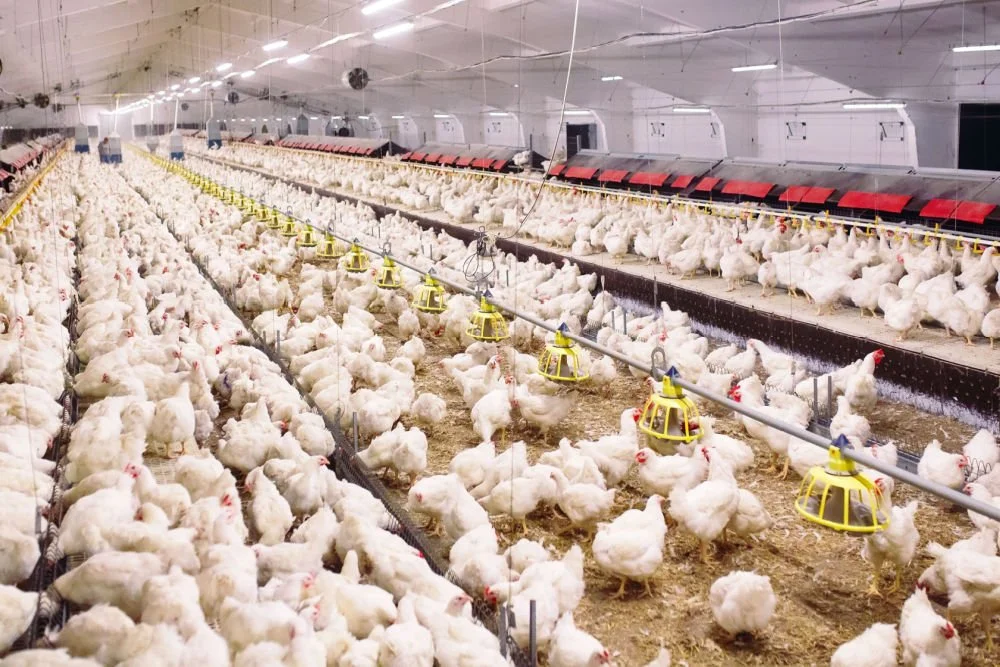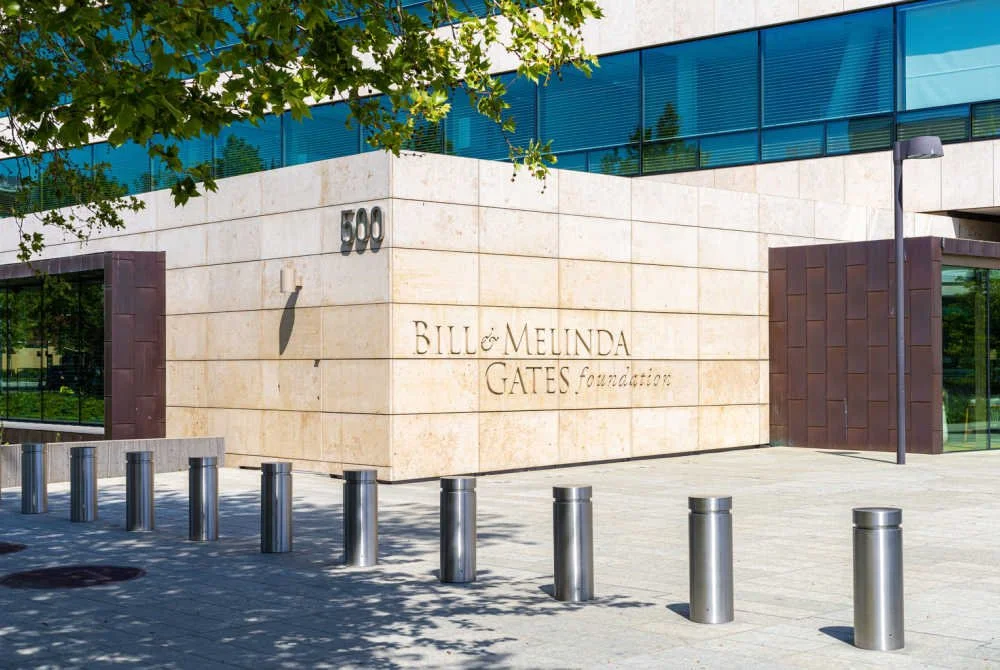Ebola is Still Stalking Africa. Who's Supporting Front-line Work to Stop More Outbreaks?
/La Zona/shutterstock
It has been seven months since an Ebola outbreak was first reported in the eastern Congolese regions of North Kivu and Ituri, and since that time, some 1,000 people have been infected, and nearly 600 people have died.
It is one of the deadliest Ebola outbreaks in history, second only to the 2013-2016 outbreak in Sierra Leone, Guinea and Liberia that claimed 11,325 lives. But in spite of the lessons learned from the West African outbreak, and the arrival of an experimental vaccine, the response has been plagued by problems, including insecure conditions and community distrust of emergency aid, and there have been several attacks on emergency treatment centers.
The Seattle-based foundation of the late Microsoft co-founder Paul G. Allen is hoping to boost the work of organizations on the ground to help end the crisis. It has asked front-line responders to submit funding proposals by March 25, with the hope of awarding a round of small grants of $1 million or less by early April. It is a breathtakingly fast timeline that, the foundation says, underscores the urgency of ending the outbreak.
The Ebola Response Accelerator Challenge is a Paul G. Allen Family Foundation initiative, with assistance from Vulcan Inc, which Allen, the Microsoft co-founder who died last year at the age of 65, started in 1982, and which has been the engine behind his many philanthropic initiatives.
Related: Inside Vulcan, a New Model for Solving Some of the World’s Biggest Problems
“The Accelerator Challenge is our effort to rapidly resource front-line responders,” Paul Keating, senior director of philanthropy at Vulcan Inc., said in an interview. The idea is to reach out to frontline responders in North Kivu and Ituri—both local Congolese NGOs, as well as global responders like MSF, UNICEF and Save the Children—to help finance ground-level ideas for how to contain the outbreak and offer effective treatment.
The foundation hopes to allocate funds that can be “spent well and quickly,” rather than fund long-term projects that require more planning and that might take longer to set up. “The overall goal is to move quickly,” Keating said. “This has gone on for too long.”
There are three areas of focus: reaching hard-to-access populations, effective community engagement, and more comprehensive data for an improved response. The foundation says it will only consider applications from organizations that are officially registered to operate in, or are already working in the Democratic Republic of the Congo (DRC), and for ideas that can be implemented on an accelerated timeline, “ideally within weeks of receiving funding.”
As an example of the kind of initiative they are looking for, Keating pointed to the CUBE treatment centers developed by the Senegal-based charity ALIMA. The CUBE is a mobile, self-contained emergency care unit with transparent walls to monitor an infected patient while decreasing that patient’s sense of isolation without the risk of contamination.
“We’re not saying that it has to be new and never seen before on the planet,” Keating said.
The Congolese Ministry of Health and the World Health Organization are leading the response. But organizations that work in the area, which has seen two decades of armed conflict, say there is considerable distrust of both the central government and organizations that appear to be working with the government. There is also a frustration that the global response has not sought enough local input, and that outbreaks of more common diseases with reduced risk of spreading beyond the DRC’s borders don’t receive the same kind of mobilization.
“There’s an enormous sense that the community engagement aspect of this hasn’t gone well,” Keating said, adding that a competitive advantage of being a private foundation is that it can make decisions and dispatch resources more readily.
“We can act quickly, and we’ve set an aggressive timeline for ourselves on this,” he said. “We hope, humbly, that we can fill some gaps.”
Keating said the program represented a continuation of Allen’s work. In 2014, at the height of the West Africa outbreak, Allen pledged $100 million to fight Ebola, making him one of the largest individual donors of the crisis. Until that time, Allen had not been a major donor to global health, and in Africa, he had focused on conservation.
“Everybody feels called sometimes to really pursue a certain thing that resonates with them, and this has resonated with me,” Allen told the New York Times at the time.

















